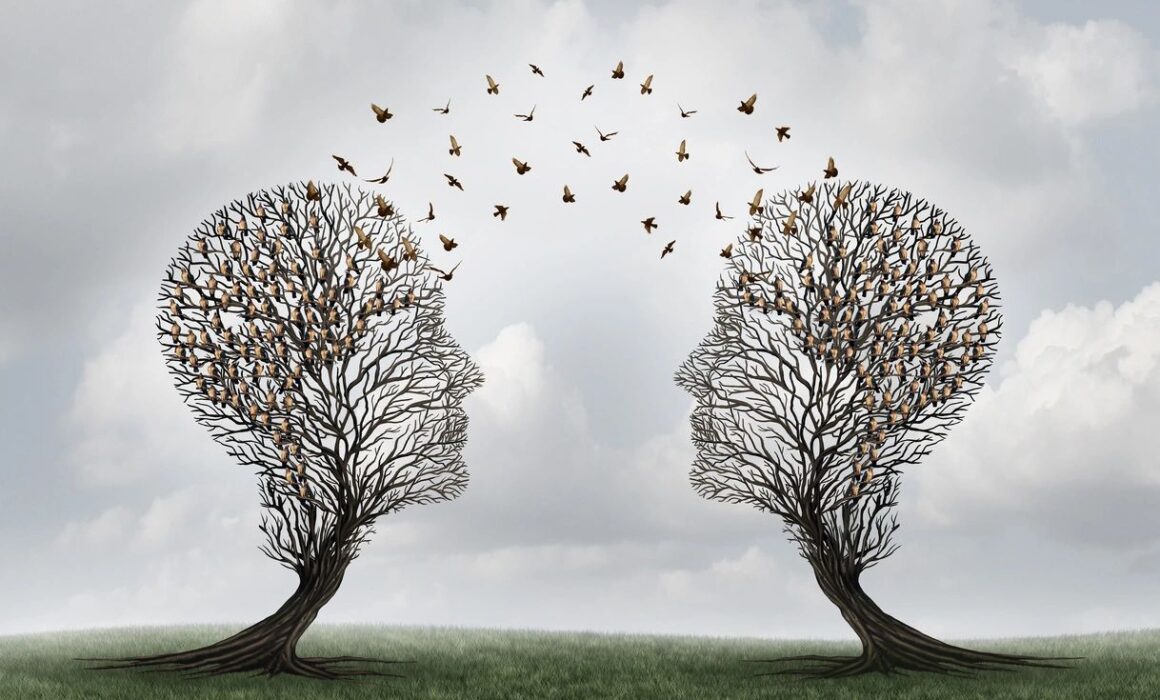Mind Reading V
Reading can help us understand and learn ways to manage our mental health and emotional well-being. Different authors have various styles and offer different perspectives. Feel free to take in the information that resonates with you and leave the rest.
Below are a few book suggestions that you can add to your bookshelf or audio-book collection:
Real Self-Care: A Transformative Program for Redefining Wellness
By Pooja Lakshman
The Perfectionist’s Guide to Losing Control: A Path to Peace and Power
By Katherine Morgan Schafler
Atomic Habits: An Easy & Proven Way to Build Good Habits & Break Bad Ones
By James Clear
The Origins of You: How Breaking Family Patterns Can Liberate the Way We Live and Love
By Vienna Pharaon
Happy Reading!
Please note that these book suggestions are self-help options and resources to provide information about specific topics. They are not meant to replace treatment and/or the advice of a healthcare professional.










